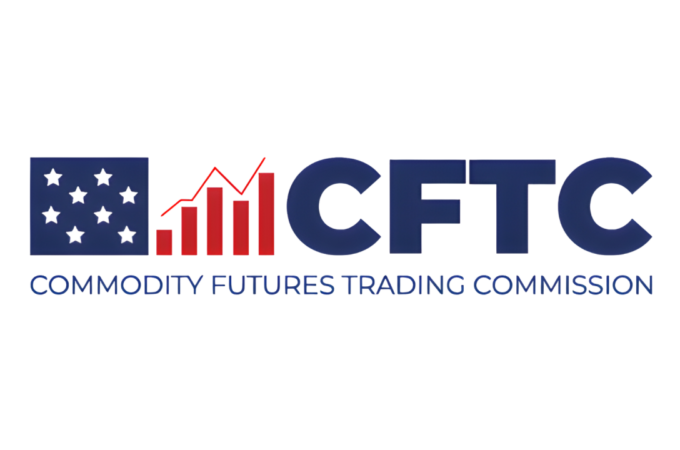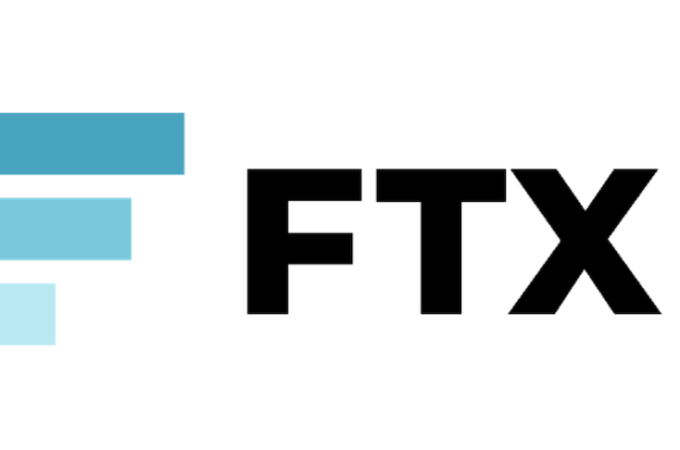
The EU’s new regulatory environment might help fintech flourish
By Dennis Mitzner for Techcrunch.com
The EU’s efforts to regulate financial markets has opened new opportunities for globalfintech operators looking for universalstandards to tap into the lucrative 28-country marketplace. While over-regulation can stifle growth, the fintech industry, in pursuit of consumer trust, has a lot to gain from a clearly defined regulatory framework.
“Fintech startups will need a very clear regulatory and compliance strategy as well as their product and marketing strategies. The new regulatory environment is beneficial for those fintech companies that are building data-driven businesses with transparency and data-integrity as the backbone,” said Marta Sjögren from Northzone, a Stockholm-based investment fund.
Regulation often is an entry barrier because companies must be licensed by regulatory bodies to do business in each jurisdiction. For startups that want to expand, compliance is mandatory and the financial system has low tolerance for risk.
“As a result, founders need to cooperate with regulators, budget for long waiting periods, find strategic partnerships that help their growth efforts and be in this for the long haul. Fintech is a marathon, not a sprint,” wrote Falguni Desai, the founder ofFuture Asia Ventures, in a recent white paper.
The lengthy process to produce a clear regulatory space and the three-way dance between fintech startups, banks and regulators are meant to create a safe environment for the consumer.
What’s more, the entire value proposition of supple fintech companies — in contrast to often rigid banks — comes down to delivering superior financial products more efficiently with lower costs. If fintech companies want to be a better alternative, they need to gain the trust of the consumer. This is where the role of the regulator becomes essential.
“At the end of the day, the aim is to protect as well as develop a trusting relationship with the consumer. Previously protecting the consumer and developing trust used to be done by one entity: the banks. Going forward, this might not be the case,” says Sjögren.
In recent years, the EU has introduced a plethora of regulations, from standardized mobile and internet payments (PSD2) to voluntary regulatory framework on bank capital adequacy, stress testing (Basel 3), the Anti-Money Laundering Directive (AMLD), a European-wide initiative to standardize the processing of electronic payments in Euro (SEPA), harmonized regulation for investment (MiFID2), harmonized EU-wide insurance regulatory regime (Solvency2), a set of accounting standards (IFRS) and now the soon-to-be launched e-invoicing directive requiring all 28 EU member states to use specific e-invoicing standards for all B2G e-invoices by November 27, 2018.
If fintech companies want to be a better alternative, they need to gain the trust of the consumer.
Europe’s current e-invoicing adoption rate of 24 percent isexpected to rise to 95 percent by 2024 and accrue savings of approximately 64.5 billion euros ($72 billion) per year for businesses.
Without underestimating the lure of saving a cent, most of the regulations of the last years have been a direct result of the 2008 financial crisis. For new players, especiallyfintech, the new regulatory environment is a godsend, as compliance is crucial forfintech businesses.
“The financial crisis has meant regulatory entities have been proactive both in Europe and the U.S., creating opportunities for new incumbents, but compliance is absolutely crucial,” said Sjögren whose fund recently took part in Helsinki-based e-invoicing platform Zervant’s $4.5 million round.
According to Sjögren, the financial industry is entangled in legacy infrastructure and decayed processes as old institutions have amassed centuries of data that have created conservative operational models that look to protect capital through static models, as opposed to using data in real time to assess risk.
“Having become the epicenter of economies, these have in turn become monopolies in their own right,” said Sjögren.
Regulatory measures, such as PSD2, will force banks to open their systems to fintechbusinesses and the of launch APIs will allow startups to function as intermediaries between banks and customers.
“Fintech is quickly becoming the connective tissue for businesses around the world. When disparate systems and processes are connected, all business partners benefit through improved efficiency and insight to drive agile financial and business strategies. This helps them be more successful in increasingly competitive and volatile markets, powering economic growth,” said Cedric Bru, the CEO of payments supplier softwareTaulia.
For companies like Zervant, new regulations lower the entry barriers for all players. For example, the e-invoicing directive, if successful, will take the European marketplace toward full digitization, making it easier for other online-based solutions to emerge.
“The EU directive on electronic invoicing is great for us as it drives the digitalization of the invoicing segment. For small business — our core market — it means that they have to switch to using an invoicing software within a few years,” said Mattias Hansson, CEO and co-founder of Zervant.
Digitization, coupled with an emerging consent on what the future regulatory framework should look like, is paving the way for all actors in fintech, whether B2B, B2C or B2G.
“Common standards are extremely useful as they speed up the pace at which businesses can connect. There is a great opportunity for public and private partnership in developing the most relevant and impactful standards and guidelines that will allow all participants — irrespective of their size or industry — to reap the benefits of connected business,” said Bru.
While many fintech founders and investors haveexpressed concerns over the ambiguity and confusion of regulations, and there is such a thing as too much regulation, for the burgeoning financial technology industry — except for a few exceptions — too much might still be better than too little. Thanks to the country’s supportive regulatory support network, the U.K. is a leading fintech hub.
For other regulatory bodies such as the EU, the challenge is to avoid the many bureaucratic pitfalls of overregulation and instead embrace an open and progressive approach toward fintech.
First appeared at Techcrunch.com





